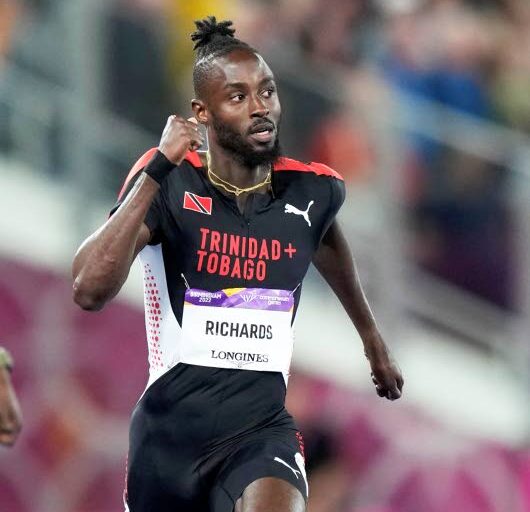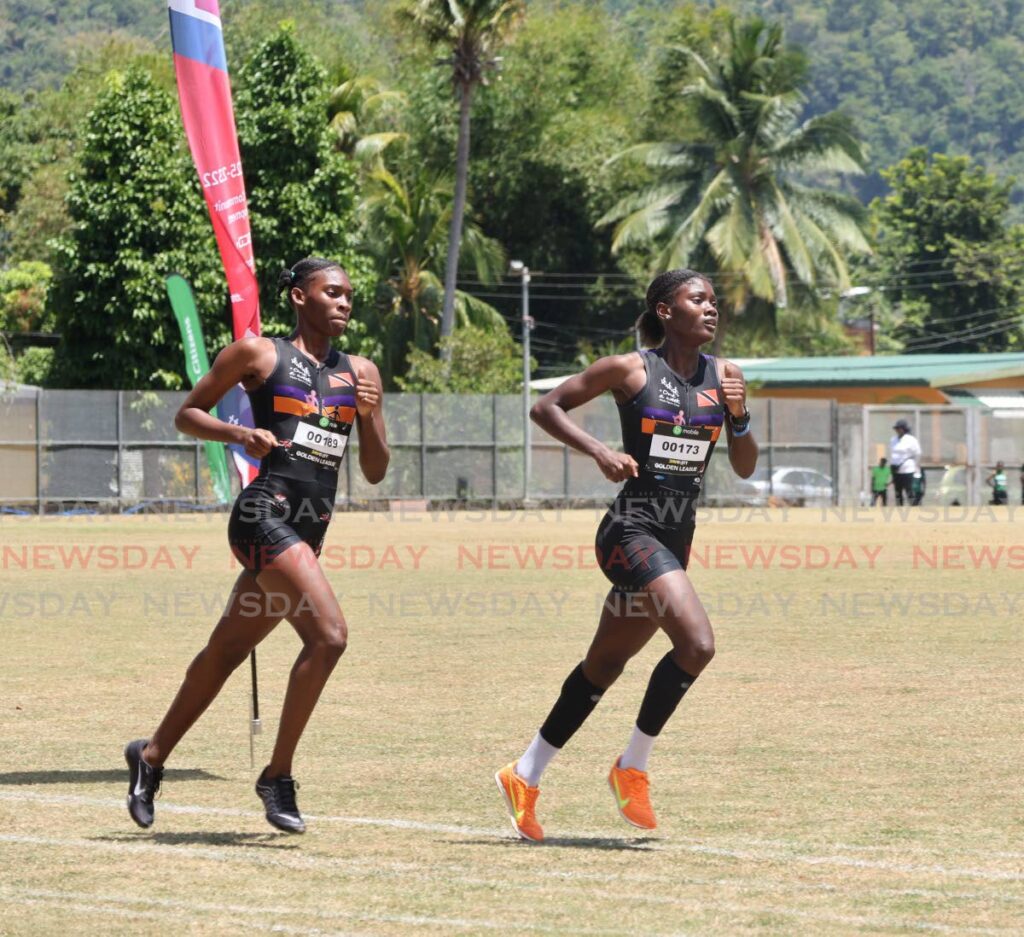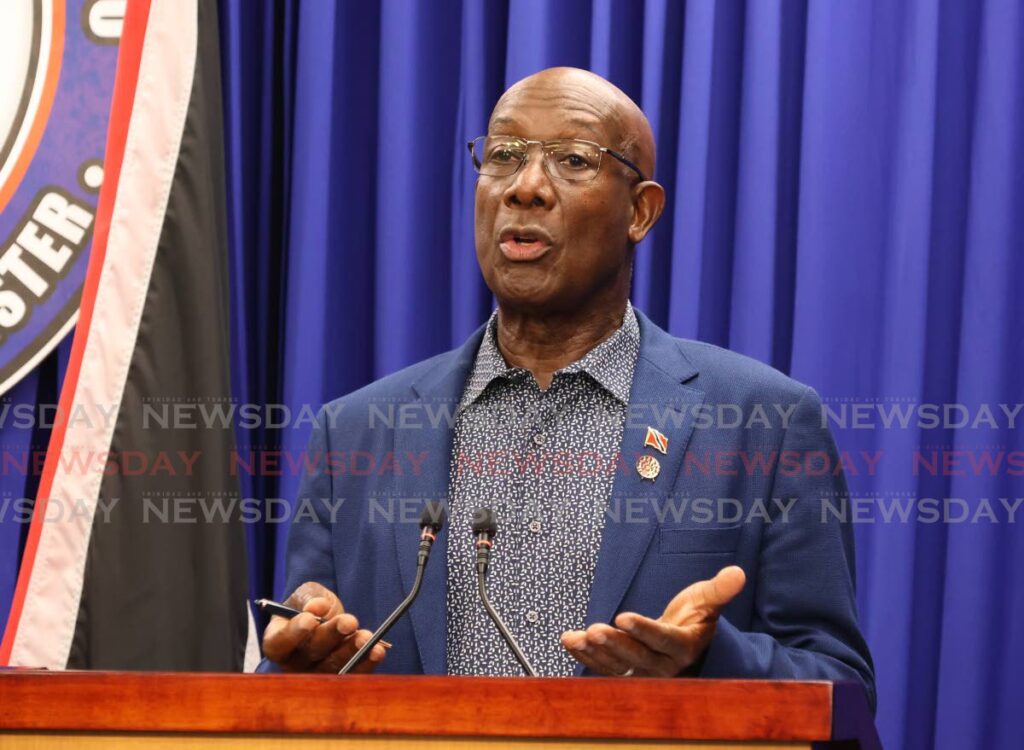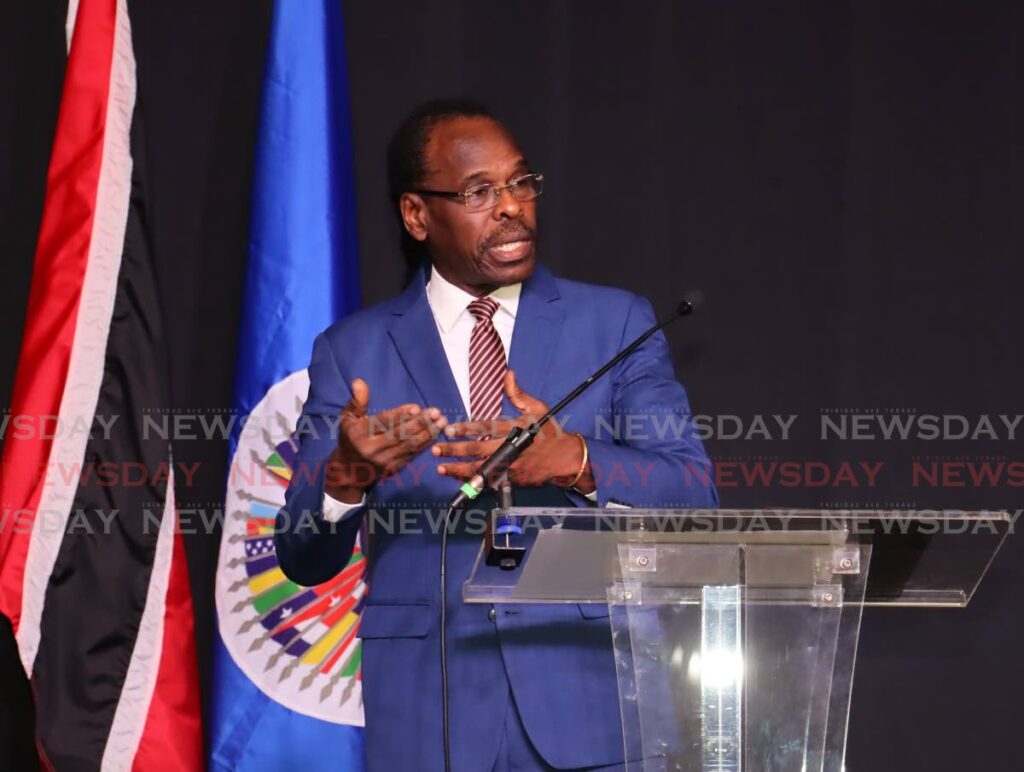PNM and digital democracy
Written by Newsday on December 17, 2024
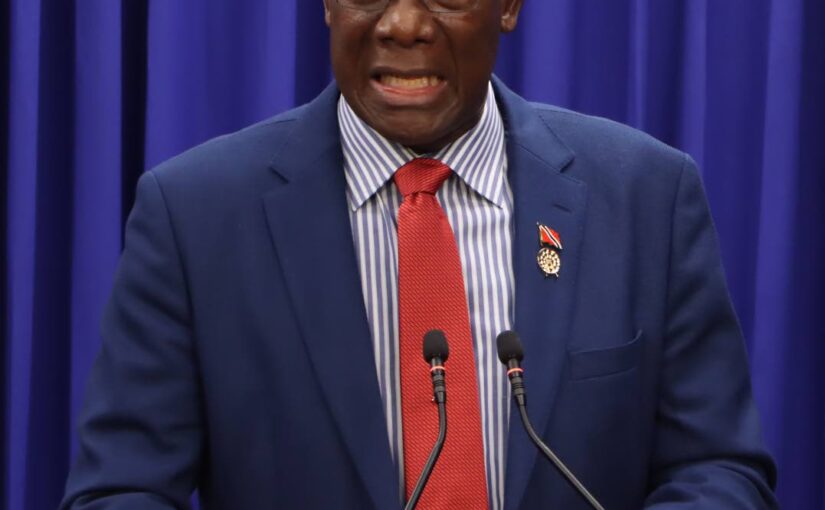
PAUL SARRAN
THE PEOPLE’S National Movement (PNM), a cornerstone of TT’s political fabric, faces a defining moment as the country approaches the 2025 general election. With a legacy spanning decades, the party has demonstrated resilience in overcoming challenges.
However, as the electorate becomes more discerning and diverse, the PNM must address a new reality: the growing influence of the youth vote. To succeed, the party must reaffirm its core values while reimagining its strategies to connect with younger generations.
TT’s youth represent a powerful electoral force, defined by digital fluency, awareness of global and local issues, and impatience with traditional political norms. They seek leaders and policies that reflect their aspirations and the complexities of the modern world.
For the PNM, this presents both a challenge and an opportunity. To remain competitive, the party must engage this demographic authentically, innovatively, and inclusively.
Historically, the PNM has relied on its achievements and strongholds to secure victories. While these remain important, they no longer suffice.
Young voters prioritise immediate, tangible results over historical narratives. They demand leaders who not only promise change, but demonstrate the ability to deliver it. The PNM must shift its messaging to focus on its vision for the future rather than its storied past.
Addressing youth concerns is critical to this transformation. High unemployment, limited access to education, mental health challenges, and climate change are just a few pressing issues. Young people want comprehensive policies backed by actionable plans.
The PNM must articulate a clear agenda to tackle these challenges and actively involve youth in policymaking. Initiatives such as town halls, digital consultations, and youth advisory boards can foster collaboration and a sense of ownership.
Digital engagement will also play a pivotal role in the 2025 election. Youth increasingly turn to social media for information, discussion, and mobilisation.
The PNM must enhance its digital strategy by creating engaging, informative, and interactive content on platforms like Instagram, Twitter, and TikTok. Effective use of these tools will help the party connect with young voters and present itself as a forward-thinking organisation.
The PNM must also embrace the symbolic power of representation. Young voters want to see themselves reflected in the country’s leadership. Elevating dynamic, younger candidates signals a commitment to generational renewal.
This approach does not require sidelining experienced leaders, but balancing continuity with progress. A leadership team that reflects diversity and innovation will show that the PNM values the contributions of all age groups.
Engaging youth is about more than securing votes; it is about shaping a sustainable political future. The PNM should invest in long-term initiatives that empower young people beyond the election cycle.
Programmes supporting entrepreneurship, skills training, and meaningful employment will resonate deeply. Reforms in education and digital infrastructure can also solidify the party’s image as a progressive force.
While the youth vote is crucial, the PNM cannot alienate its traditional base. Bridging generational divides requires crafting a platform that meets the needs of all citizens while emphasising interconnections between age groups.
Policies that improve education and employment for youth, for example, benefit entire communities. Framing its agenda holistically will help the PNM foster unity across a diverse electorate.
The 2025 election is not just a test of the PNM’s ability to win; it is a test of its capacity to adapt. The political landscape is evolving, and the party must evolve with it. This involves embracing new ideas, engaging in difficult conversations, and demonstrating the courage to innovate.
The electorate, especially the youth, is watching closely. They want a party that hears their voices and values their contributions. For the PNM, this is a moment to lead by example and prove it is a party of both the present and the future.
As the campaign intensifies, the PNM’s actions must speak louder than its words. It must show a genuine commitment to inclusivity, transparency, and progress. Doing so will inspire confidence among young voters while reaffirming its relevance to older generations.
The stakes are high, but the potential for success is equally great. With strategic vision, effective communication, and adaptability, the PNM can navigate the challenges of 2025 and emerge stronger.
The road ahead is uncertain, but it is filled with possibilities. The 2025 election offers the PNM an opportunity to redefine itself and reaffirm its role as a champion of TT’s democracy. By embracing the energy and ideas of the youth while honouring its legacy, the party can create a sustainable blueprint for success.
The question is not whether the PNM can rise to the occasion, but whether it will seize the moment. The future beckons, and the PNM must answer with purpose, vision, and resolve.
Paul Sarran is a political science student at the UWI Global Campus in St Augustine
The post PNM and digital democracy appeared first on Trinidad and Tobago Newsday.

